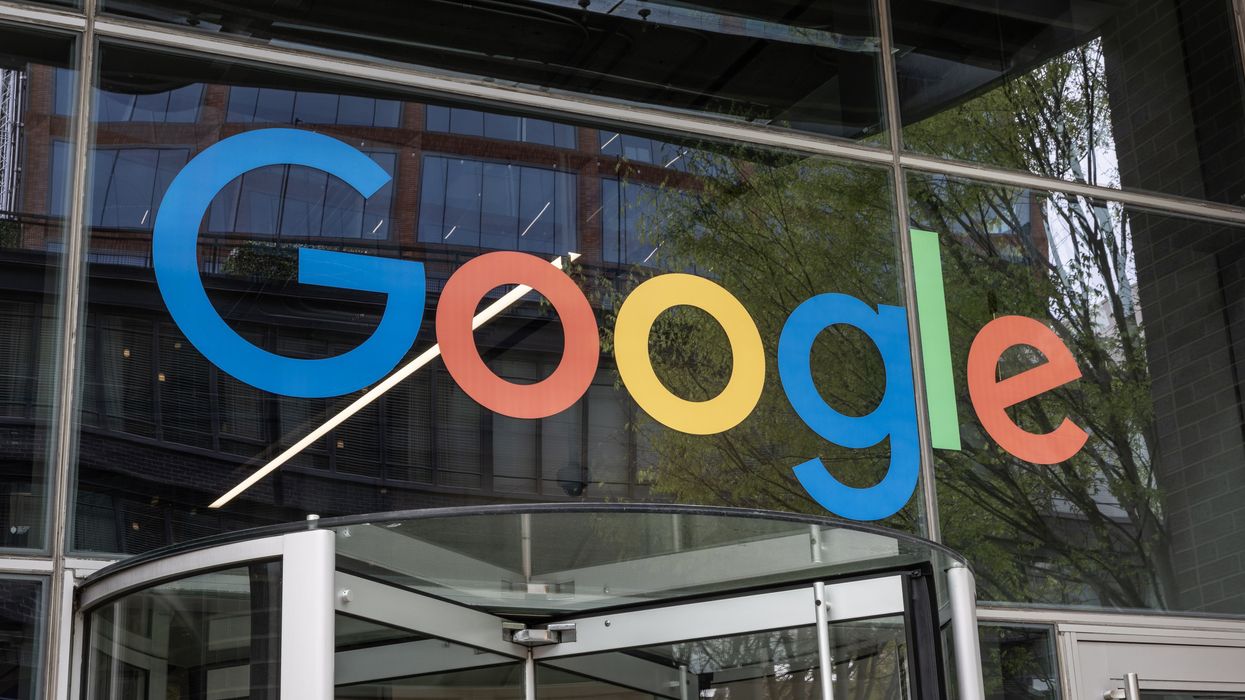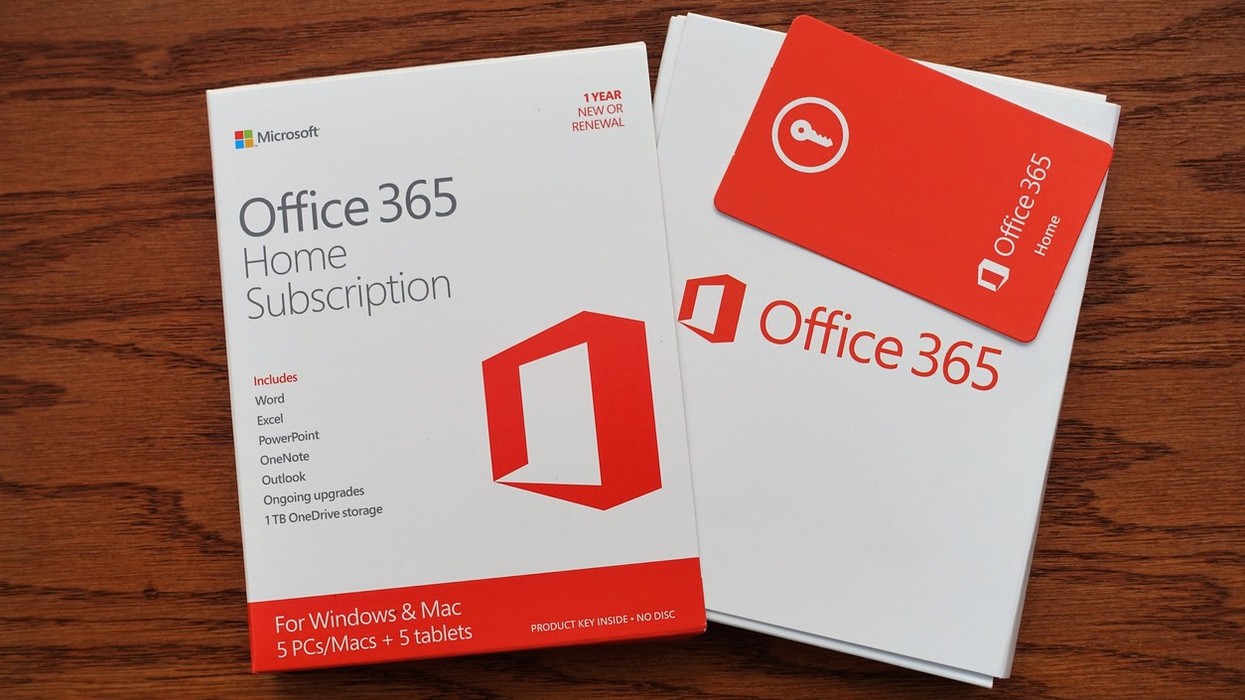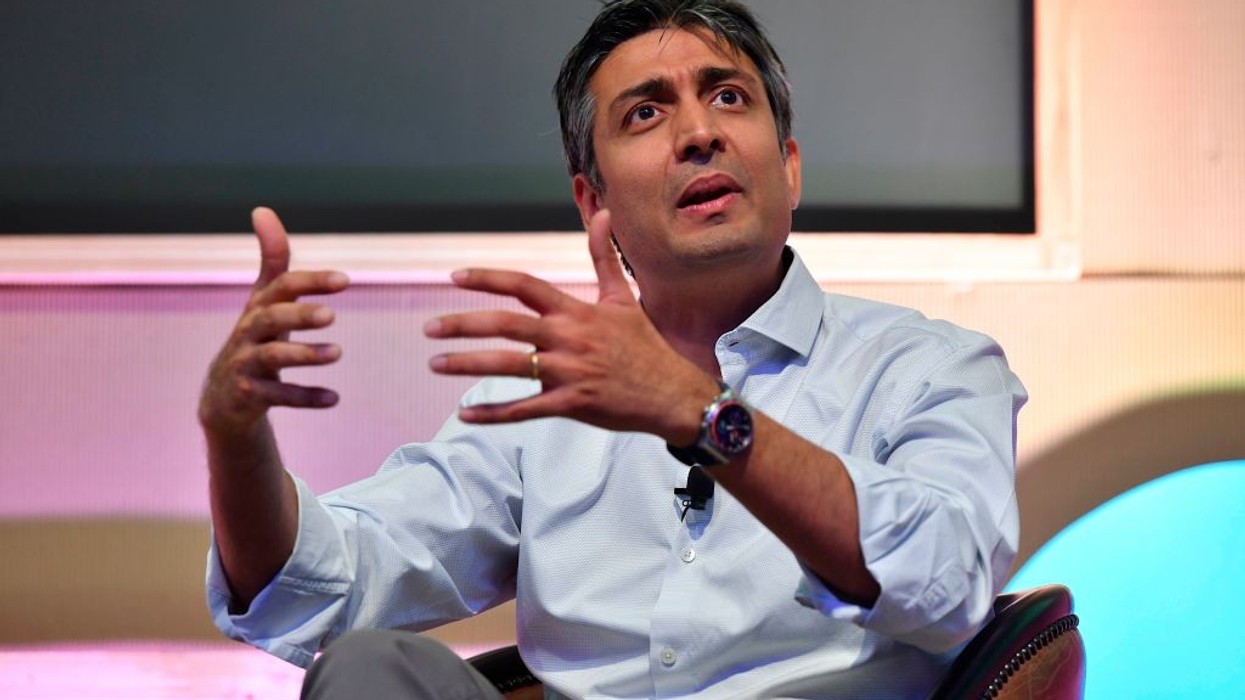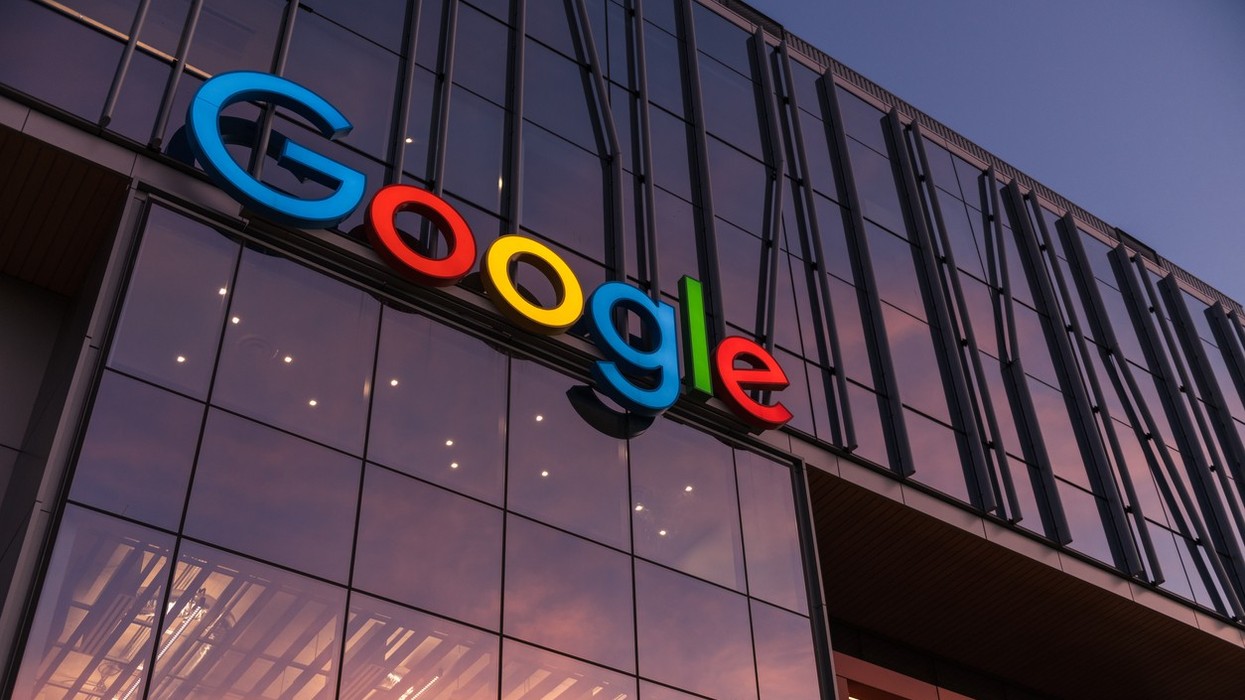Highlights
- Google loses appeal in high-profile antitrust case brought by Epic Games
- US court upholds 2023 ruling that Google restricted competition on Android
- Company must now implement major changes to the Google Play Store ecosystem
- Developers could gain new freedoms, including third-party billing and app store access
- Google expected to appeal to the US Supreme Court
Court rejects Google’s appeal in landmark case
Google has suffered a significant legal defeat after the US Court of Appeals upheld a 2023 jury verdict that found the tech giant engaged in anti-competitive conduct to stifle app store competition on Android devices.
The decision marks a major victory for Epic Games, which initially filed the lawsuit in 2020 after its game Fortnite was removed from the Google Play Store for bypassing Google’s billing system.
Background: The fight over app store dominance
For years, both Apple and Google have charged developers up to 30% commission on app purchases and in-app payments. However, the success of Fortnite enabled Epic to challenge this model by integrating alternative payment methods, prompting its removal from both the App Store and Google Play.
While Epic failed in its case against Apple, it succeeded in exposing what the US courts described as Google’s systematic efforts to block competing app stores and control how Android apps are distributed and monetised.
The 2023 trial revealed internal strategies used by Google to incentivise exclusivity and discourage the use of third-party app platforms, despite Android’s reputation as an open-source operating system.
Appeal dismissed, remedies upheld
In the appeal, Google argued that the original trial was flawed, claiming the court wrongly excluded its arguments that the Play Store competes with Apple’s App Store. It also contended that the case should have been decided by a judge rather than a jury, and that the remedies ordered were excessively burdensome.
However, in a strongly worded opinion, Judge Margaret McKeown dismissed these objections, writing:
“The record was replete with evidence that Google’s anti-competitive conduct entrenched its dominance… We uphold [the remedies] along with the liability verdict and the entire injunction.”
What happens next for Google and developers
Having lost the appeal, Google will now be required to implement a series of wide-reaching reforms, unless it secures a hearing at the US Supreme Court — a possibility with no guarantee of success.
The current ruling requires Google to:
- Allow third-party billing systems for in-app purchases, giving developers more flexibility and potential revenue
- End exclusive launch incentives for developers for at least three years
- Permit third-party app stores to be downloaded and accessed directly via the Google Play Store
- Make its full Play Store catalogue available for distribution through other app stores (with opt-out options for developers)
These changes are expected to transform how apps are discovered, installed, and monetised on Android platforms.
Industry reaction and what it means for users
Epic Games CEO Tim Sweeney celebrated the ruling, announcing plans to launch the Epic Games Store within Google Play — a move previously not permitted.
Meanwhile, Google's VP of Regulatory Affairs, Lee-Anne Mulholland, expressed concern over the implications:
“This decision will significantly harm user safety, limit choice, and undermine the innovation that has always been central to the Android ecosystem. Our top priority remains protecting users and developers as we continue our appeal.”
Looking ahead
Although Google may still attempt to take its case to the US Supreme Court, the loss of this appeal significantly weakens its position. The ruling signals the potential beginning of a more open and competitive app environment on Android — one in which developers and users alike may benefit from increased choice and fairer practices.














